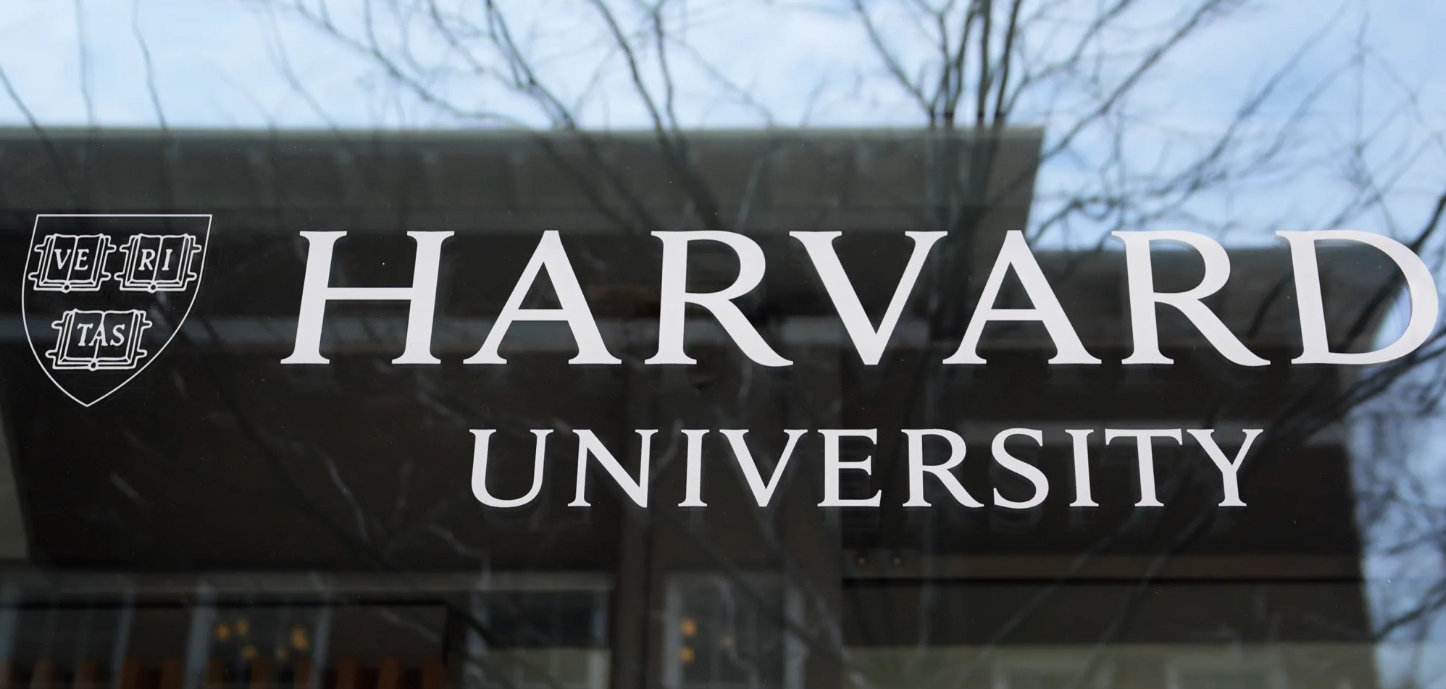Trump Administration Suspends Visas for Harvard Foreign Students:In a dramatic escalation of its battle with elite academic institutions, the Trump administration has announced a sweeping six-month ban on foreign students enrolling at Harvard University. The move comes just hours after Education Secretary Linda McMahon threatened to strip Columbia University of its academic accreditation, accusing it of failing to protect Jewish students and enforce federal anti-discrimination rules.
Trump Administration Suspends Visas for Harvard Foreign Students
In a dramatic escalation of its battle with elite academic institutions, the Trump administration has announced a sweeping six-month ban on foreign students enrolling at Harvard University. The move comes just hours after Education Secretary Linda McMahon threatened to strip Columbia University of its academic accreditation, accusing it of failing to protect Jewish students and enforce federal anti-discrimination rules.
Education Secretary Linda McMahon says, “Columbia University looked the other way as Jewish students faced harassment, breaking Title VI protections. Us gopvt. has stepped in and alerted Columbia’s accreditor to demand the protection of every student’s rights and safety—no exceptions. Rather said It’s time for colleges and universities to have skin in the game on federal student loans to lower the cost of college.”
According to a proclamation issued by the White House, Harvard’s conduct has made it an “unsuitable destination” for international students and researchers. Effective immediately, all new foreign students aiming to begin their studies at Harvard will be barred from entering the United States for at least six months. The order also opens the door to terminating the visas of existing international students at the university.
However, the administration did leave room for exceptions. The ban will not apply to international students whose presence is deemed to be in the national interest—a determination to be made by the U.S. State Department. Officials cited national security concerns and allegations that Harvard, along with other institutions, has ignored anti-Semitism on campus while promoting a liberal ideological bias.
This is not the first time the Trump administration has targeted Harvard. A prior attempt to terminate the university’s ability to host foreign students was blocked by a federal judge. Nonetheless, the government has already slashed approximately $3.2 billion in federal grants and contracts that had previously benefited the institution.
In response, a Harvard spokesperson condemned the decision, labeling it as another “illegal retaliatory step” by the administration that violates the university’s First Amendment rights. The spokesperson emphasized Harvard’s commitment to defending its international students and maintaining its academic independence.
The administration’s focus on Harvard is seen by many as part of a broader crackdown on top universities that have resisted federal oversight of their curriculum, hiring practices, admissions, and diversity policies. In the current academic year, international students made up 27% of Harvard’s total enrollment—representing a substantial revenue stream for the institution.
The pressure is not limited to Harvard. Columbia University is also facing significant heat from Washington. Education Secretary Linda McMahon, speaking on Wednesday, accused Columbia of failing to protect Jewish students from harassment and of violating federal rules that prohibit discrimination based on race, color, or national origin. While Columbia has already made some concessions to the administration, McMahon’s latest statements suggest that these steps may not be sufficient. If the university’s accreditation is officially withdrawn, it would lose access to all federal funding—an essential part of its operating budget.
The Trump administration’s actions mark an unprecedented level of federal intervention in the autonomy of higher education institutions. Critics argue that these moves are politically motivated and threaten the United States’ reputation as a global hub for higher learning. As the situation unfolds, universities across the country are bracing for further federal scrutiny and the potential loss of critical resources.
Disclaimer: This article is for informational purposes only and reflects recent developments based on available news sources. It does not constitute legal, educational, or political advice.

